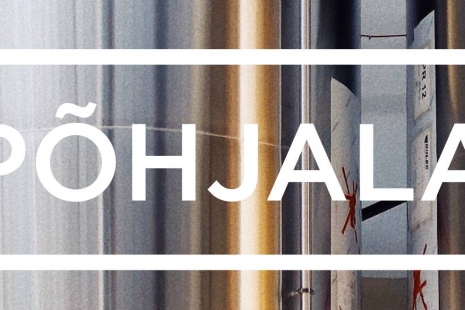Ogórek Trocki posters, repeating the image of a lost pickle-cucumber specimen, desired for its high sugar content, set the stage for a lecture marathon by Slavs and Tatars. Six consecutive lectures punctuate the exhibition, connecting the subject of fermentation with transliteration, language, cultural transference, and colonialism. Hamdami loops to illustrate the coincidences of language as simultaneously political and metaphysical. And the Pickle Juice Bar provides an opportunity to consume other life as microbiomes: “Pickle Politics” looks to the practices and symbolism of fermentation, constructing a political argument using notions of the rotten, the spoiled, and the soured. (Slavs and Tatars, 2016).
Slavs and Tatars’ practice has been devoted to the area east of the former Berlin Wall and west of the Great Wall of China, known as Eurasia. Fermentation is emblematic of our current times, as political forces in Russia, Asia and the Middle East challenge traditional axes of power: this cosmo-political balancing act continues to shape, reflect and drive forward ideologies that square the East and the West with contingent processes of life and death. The notion of fermentation offers another space between cultural and geographical territories, shifting beyond the Levi-Strauss trichotomy of the ‘raw’, the ‘cooked’ and the ‘rotted’. Fermentation is that life-giving, death-driven process that takes place outside of what we think of as progress: a problematic historical approach that conflates the raw/cooked with the primitive/advanced. Activating the microbiomes that comprise a critical mass within the human body, fermentation affects our biological, ecological and political boundaries with generative potential.
(text related to the exhition at SUGAR, Toronto)





